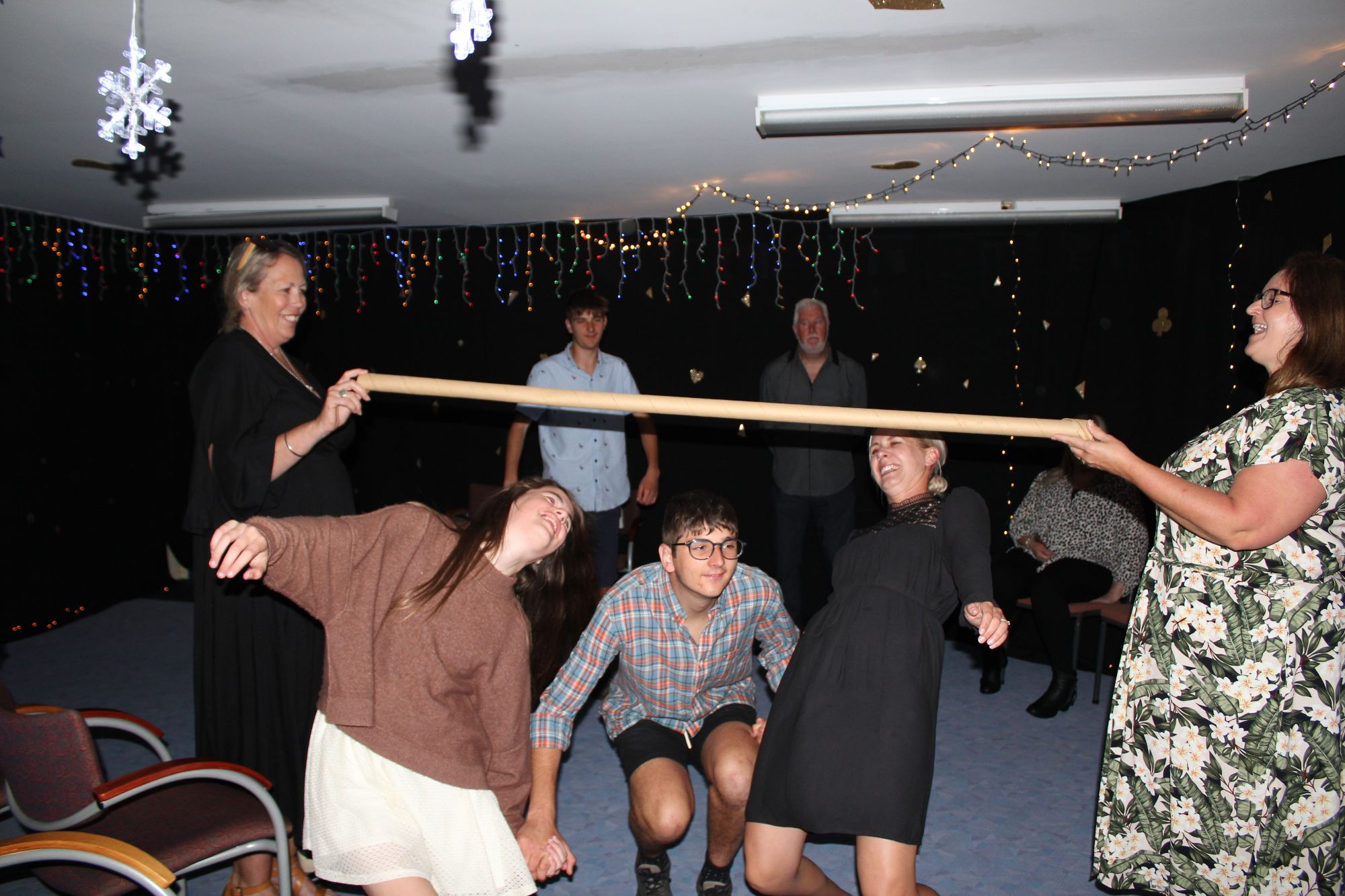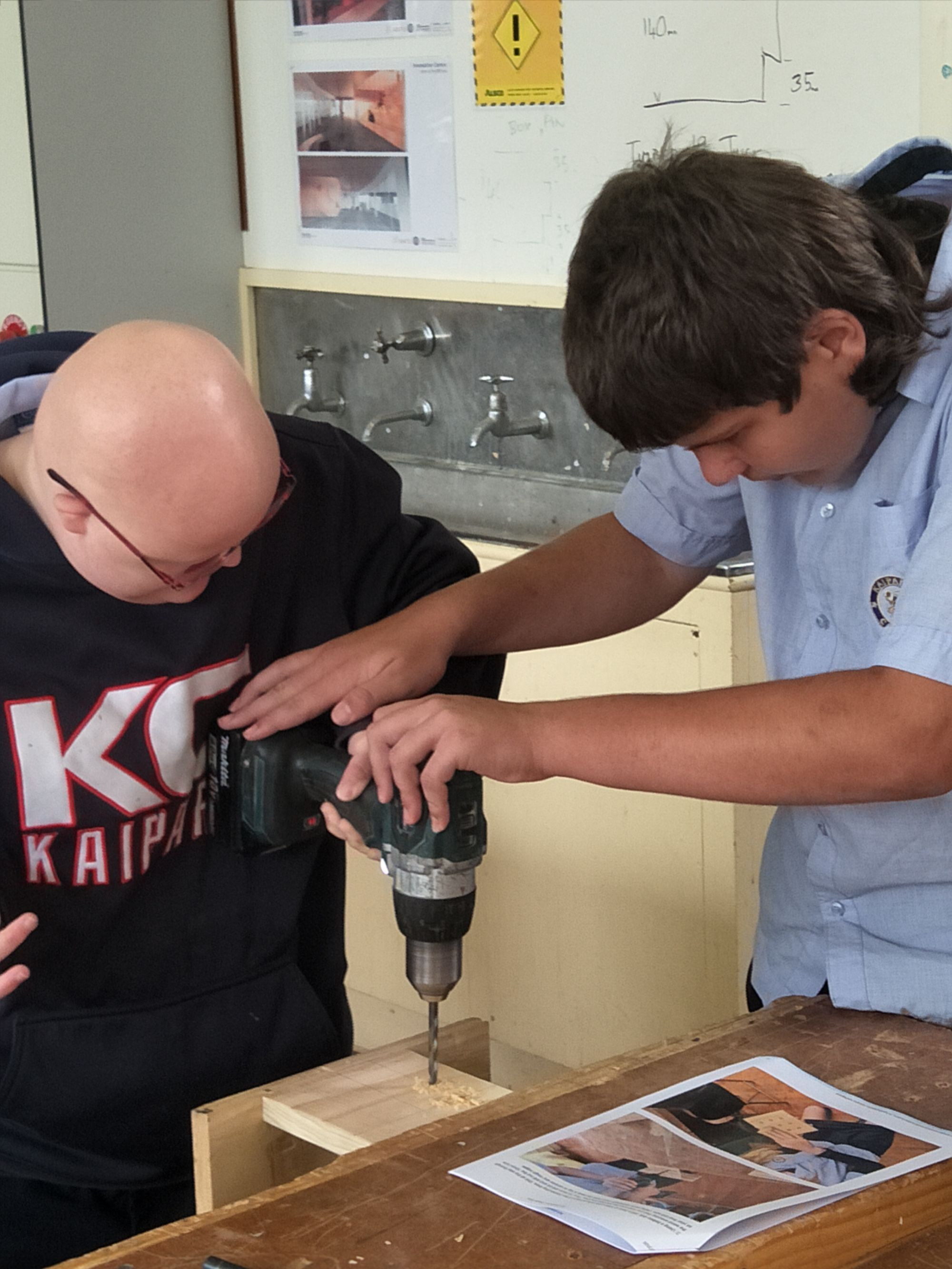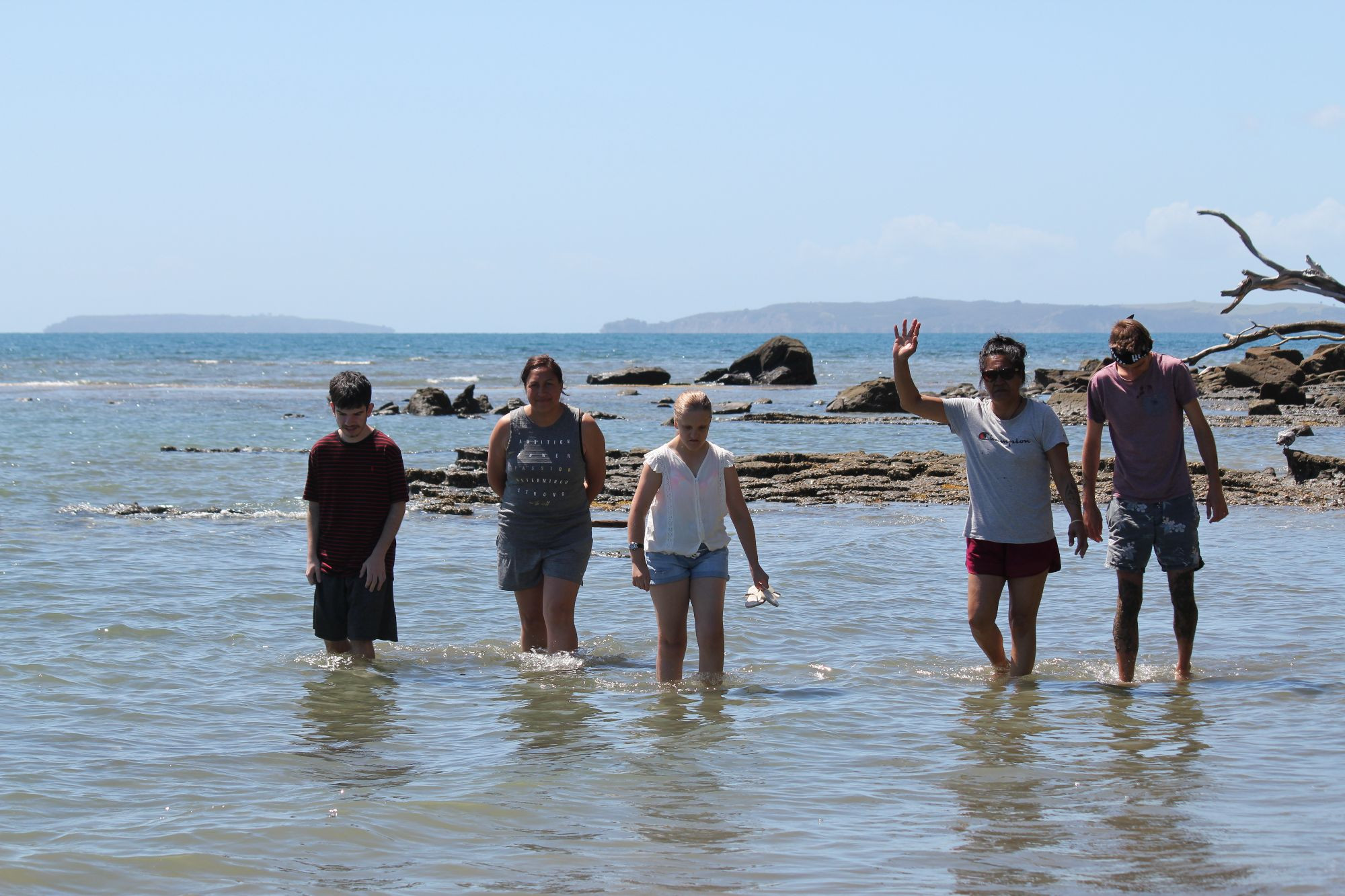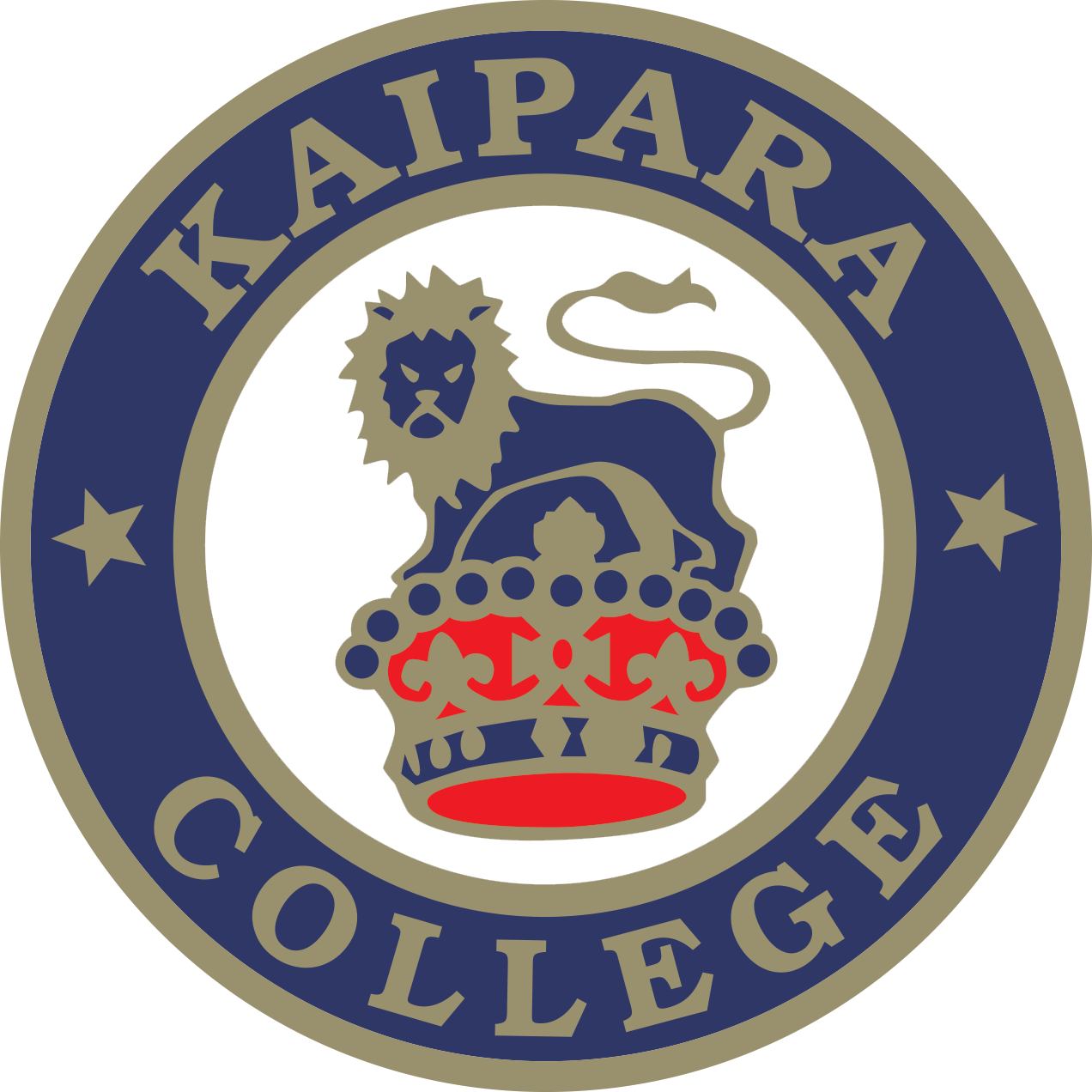Faculty of Special Education
The Kaipara College Faculty of Special Education (FSE) supports a range of students from Years 9-14, including non-funded and ORS funded students up to the age of 21 years. Some students begin transitioning to the FSE in Year 8. Others begin in a full mainstream programme but due to cognitive, social or emotional needs move partially or fully into the FSE at various stages over the year(s). This also occurs in reverse, for example, where a student with high anxiety will begin in the FSE; as the student gains confidence and can function more independently, they transition into a mainstream programme.
As a comparatively smaller semi-rural Nor-west Auckland school, Kaipara College is situated to provide this more personalised support for students with special educational or other needs. The FSE’s location within the school means that students have the support of the FSE facilities and programmes, as well as the latitude to experience broader educational opportunities that mainstream classes offer. Current staffing means that differentiated programmes can run across and within all three classes: Years 9 & 10, senior transition to employment or adult programmes, and senior NCEA.
FSE teachers take an holistic approach to supporting a student’s cognitive, social and emotional development. Making and maintaining connections; working with whānau and other staff becomes essential in supporting our young people towards reaching individual goals and fulfilling their potential. Teacher Aides are employed to work with and support FSE students, both in the FSE and mainstream options.
Engaging students in productive and life-changing Work Experience, developing life skills, maintaining a safe ‘teenage’ environment, connecting students with transition programmes, providing otherwise unavailable social/academic opportunities, ensuring agency involvement, reinforcing academic support for NCEA subjects, and supporting families to appreciate the strengths and challenges of their child … just some of the roles that mean for an increasing portion of our student population their education - and life - becomes meaningful, accessible, 'hope-full' and inclusive.
The Kaipara College FSE has established a reputation within the community and wider area over many years. It has become the school of choice for many whānau within and beyond our Kāhui Ako making the FSE an asset to the school as well as the community.
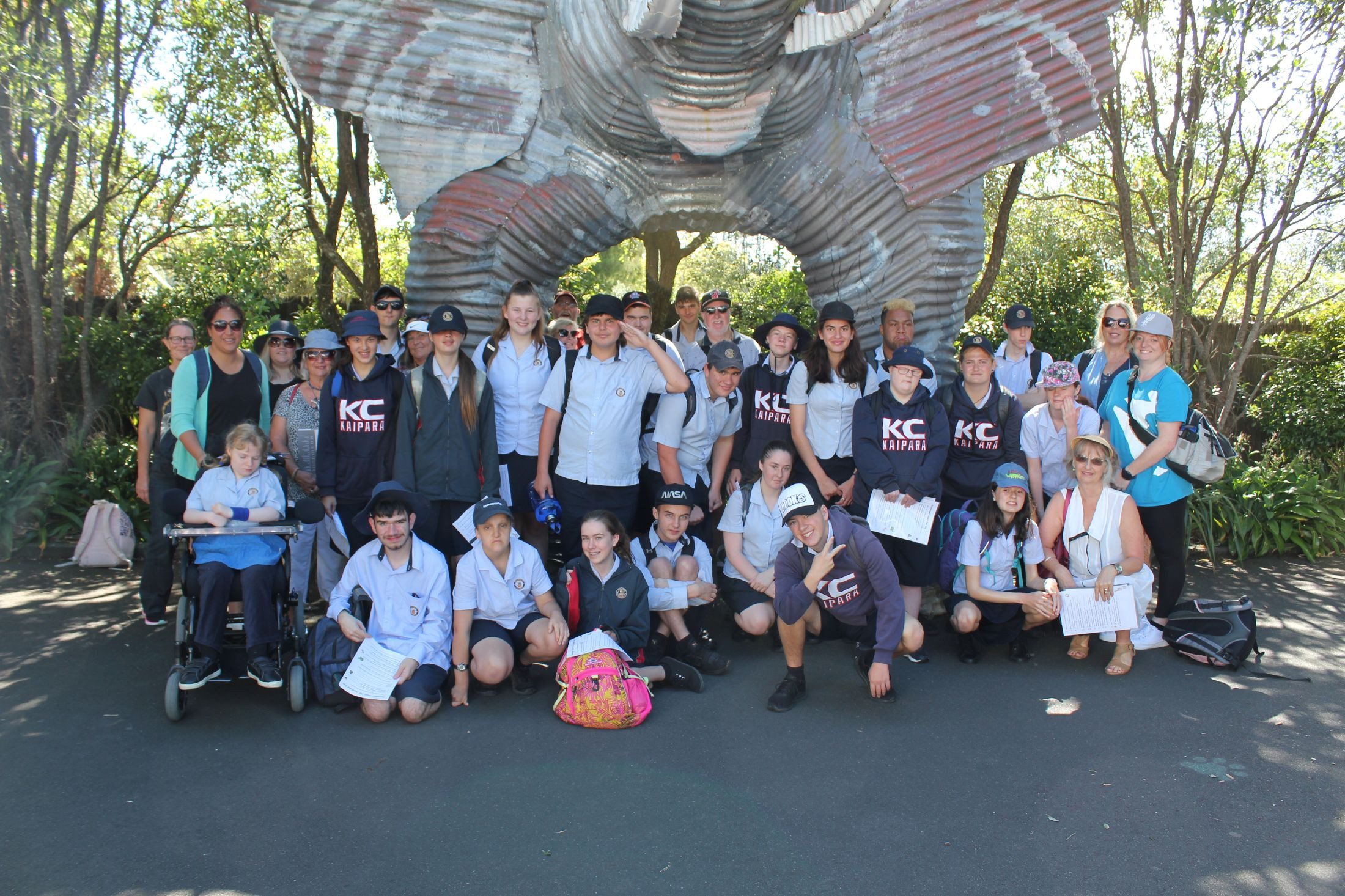 | 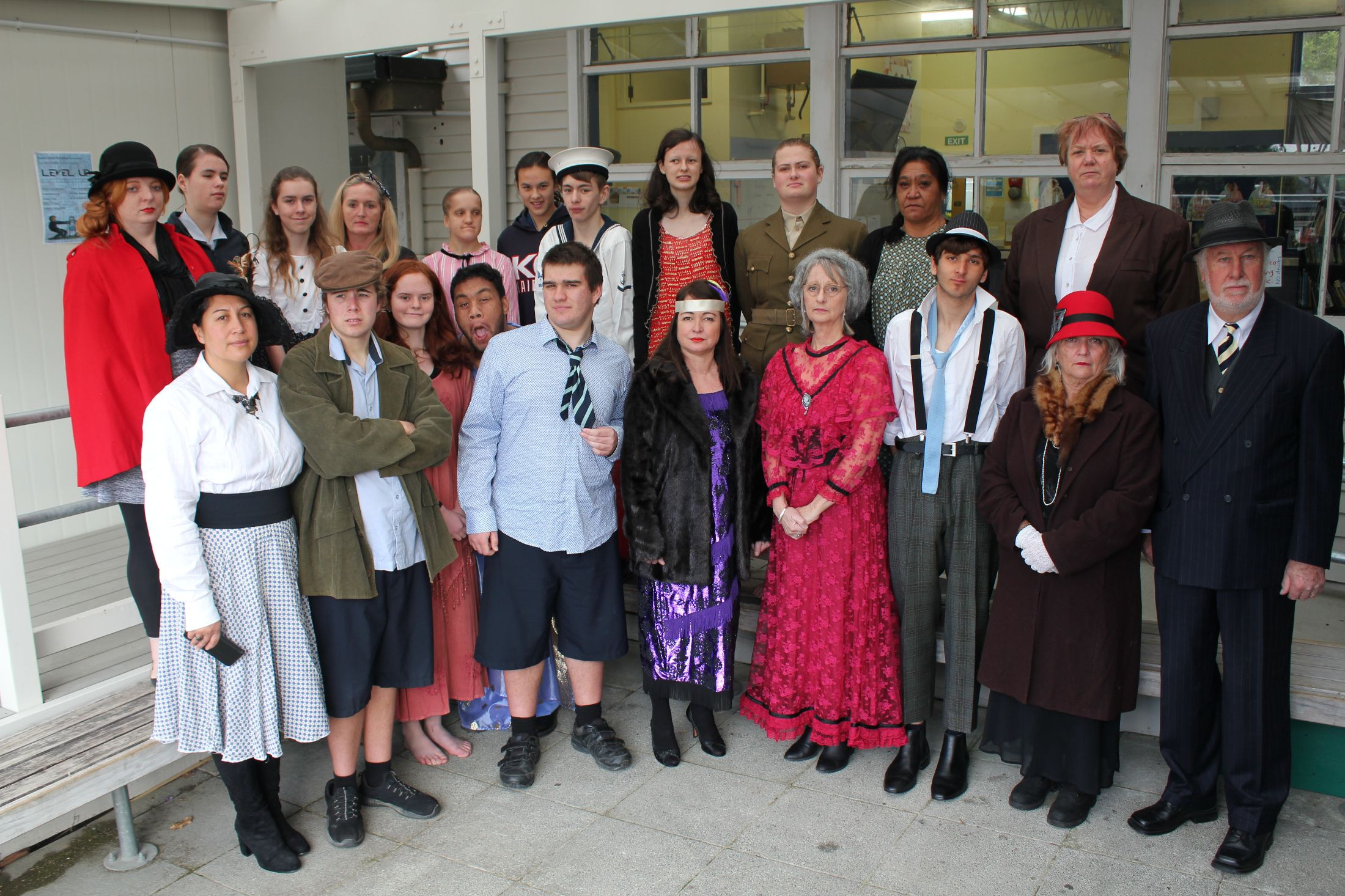 |
“I have been in the FSE for 5 years now. I am 17 years old. I am incredibly supported by teacher aides and teachers. If I'm struggling with a subject I can come back to the FSE and work there, or if I'm having an off day I can come back and work quietly in an environment where I feel comfortable.”
Bianca
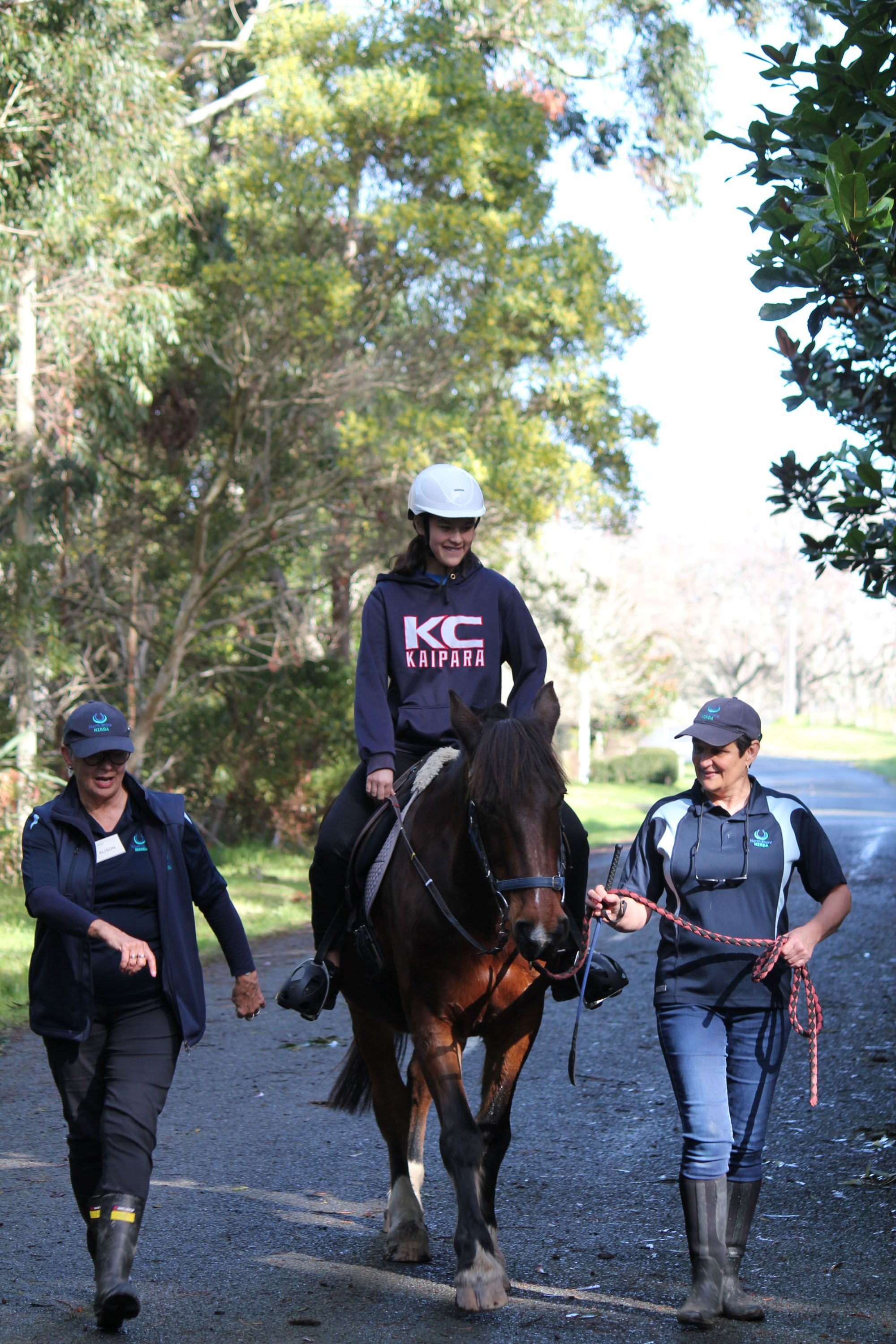 | Programmes and ActivitiesThe following are some of the programmes and activities we offer our students, these are in addition to our academic programme which run between the FSE and mainstream classes.
|
Values
| INCLUSION: Inclusion principle "The curriculum is non-sexist, non-racist, and non-discriminatory; it ensures that students’ identities, languages, abilities, and talents are recognised and affirmed and that their learning needs are addressed." The inclusion principle is one of eight principles in The New Zealand Curriculum that provide a foundation for schools' decision making. The inclusion principle calls for schools and teachers to deliver a curriculum that:
Children and young people learn best when they feel accepted, when they enjoy positive relationships with their fellow learners and teachers, and when they are able to be active, visible members of the learning community. https://www.inclusive.tki.org.nz/ |
History of Special Education at Kaipara CollegeThe Special Needs Unit (SNU) opened in 1999 under John Grant, Principal of Kaipara College, who believed that an onsite facility provided a space for students with disabilities the opportunity to maximise their learning with the support of a teacher and support staff. The unit was established as the result of a great deal of lobbying and hard work from a small group of parents in the community, and from the Principal and staff of the college. who saw the desperate need to accommodate the academic, emotional and social requirements of neuro-diverse students from the wider Kaipara community. Since its inception it has been particularly successful with those students who were not officially identified with a specific condition or label but who clearly warranted extra care and support to access an inclusive education. The seven students, who initially enrolled in that first year, were supported by one teacher and two full time teacher aides. As is still the case in 2025, the students had classes in the SNU based on individualised programmes as well as opportunities to be involved in mainstream education. Since its inception it has been particularly successful with those students who were not officially identified with a specific condition or label but who clearly warranted extra care and support to access an inclusive education. Due in part to the financial support and commitment of successive boards and principals, the department, in response to the growing demand and diverse range of student needs, has continued to thrive, growing from 1 to 3 classes, each with clearly defined roles to target the needs and gifts of these students. Staffing has increased proportionately as the number of students supported in the SNU has grown. In 2003, for example, there were 16 students supported by two teachers and four teacher aides. This trend has continued with an average, over the last 6 years, of 26 students being supported by four part-time teachers and seven teacher aides. In 2020 the SNU was renamed the Faculty of Special Education (FSE). Support for unfunded students aiming to achieve NCEA has been particularly beneficial with many students successfully attaining L1 and L2 prior to leaving. Without the intervention and on-going support of FSE staff these goals were often beyond reach for well-deserving students who work at a slower pace, take longer to process information and require explanation and instruction beyond the constraints of the mainstream class. Over the 23 years students have left to/with/for:
| 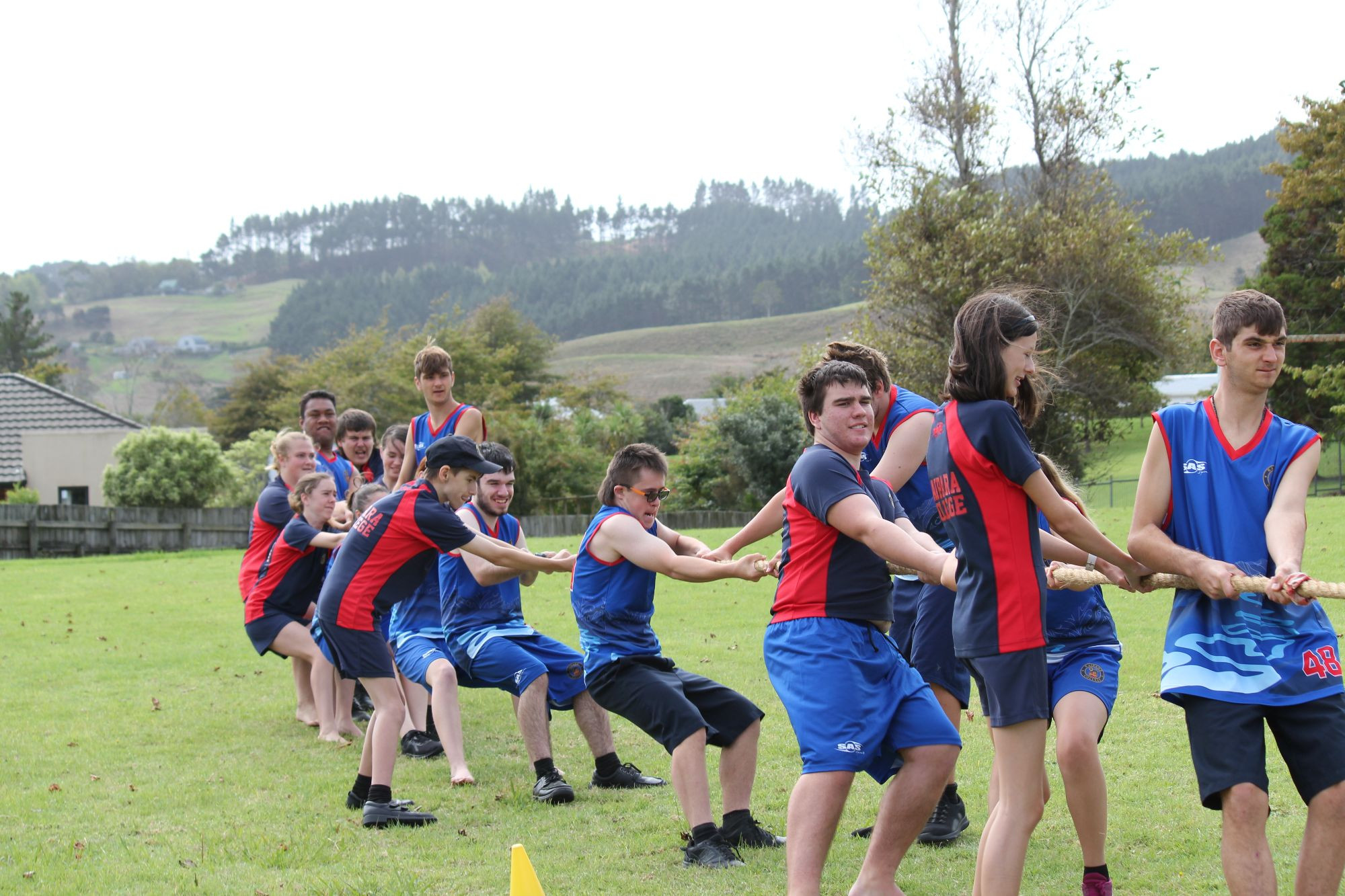 “The difference they have made to my grandson is enormous. From a boy arriving at the school and trying to battle challenges to his education... to a young man now having staff who understand and work with him to better himself for his future. He knows he has a listening ear, and will not be judged.” Carolyn
“In the FSE it is like family” Brianna 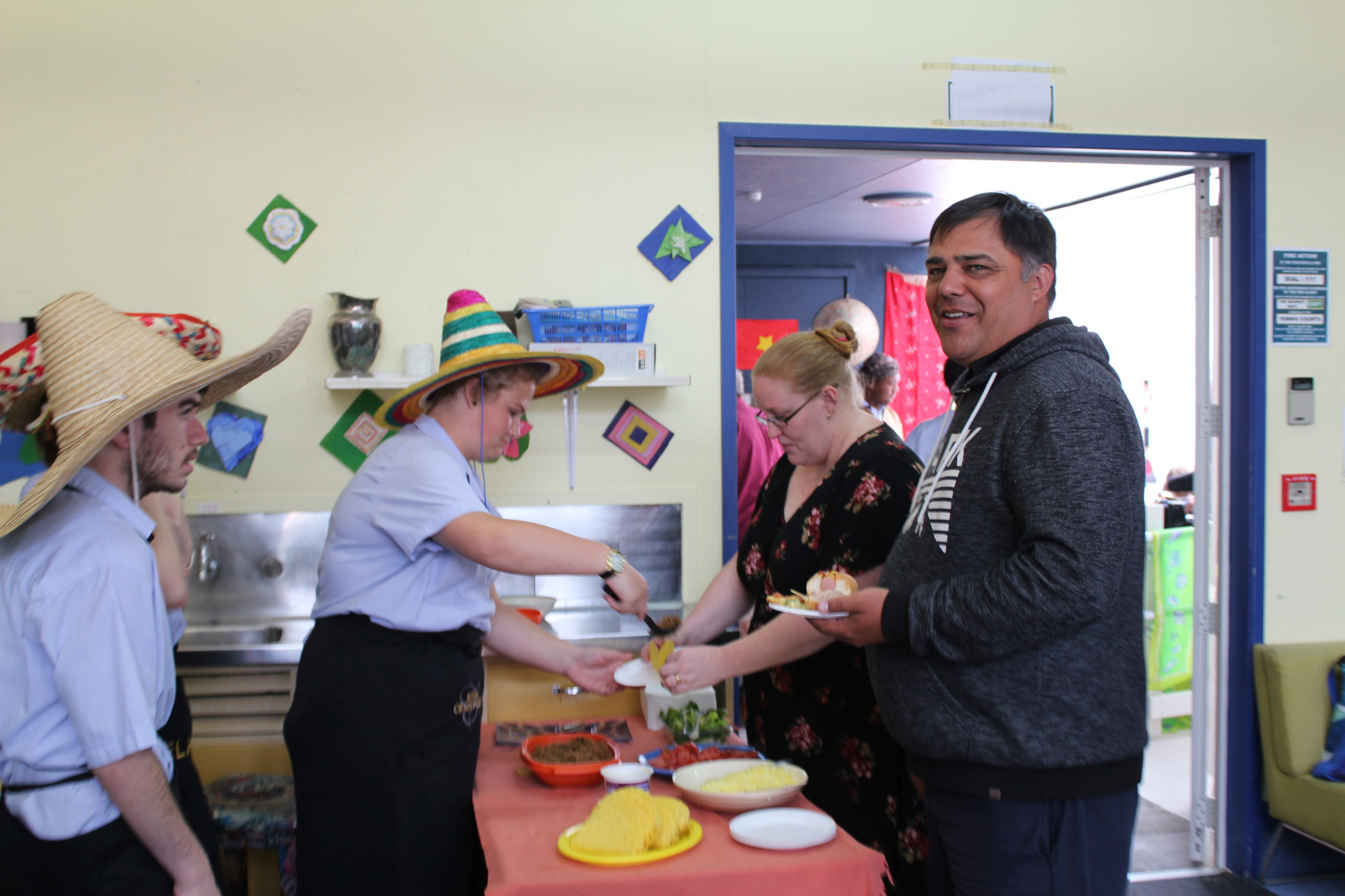 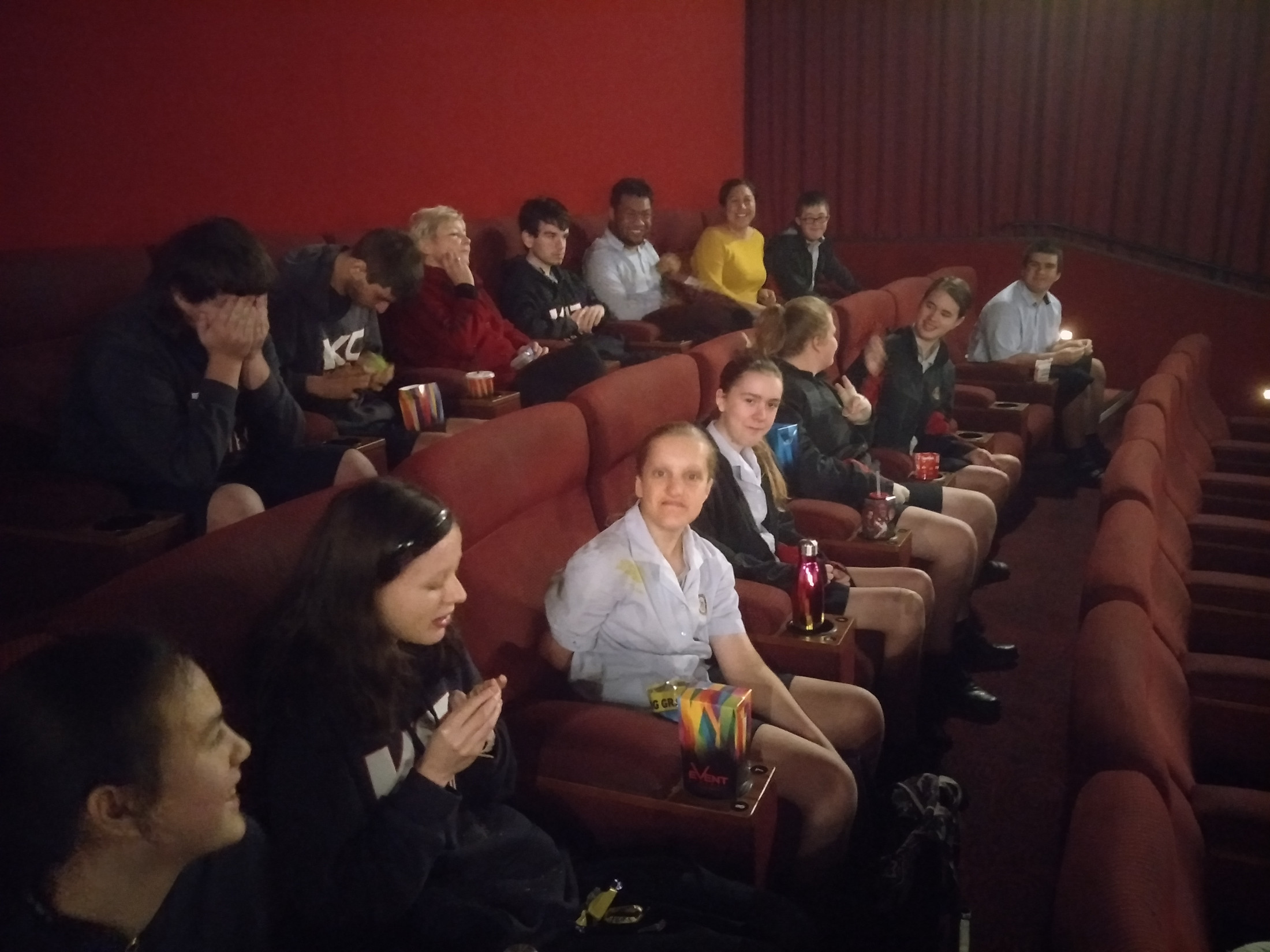 |
“The FSE is a space of belonging and inclusion. It's where learning and thinking outside the square is done and it's perfectly ok to be yourself. Where assistance is generated and where teachers learn from the kids.
We are blessed to have this for our daughter.”
Jo
Feedback from Students and Whānau
Student Comments
“I like being in the FSE because I get extra help with work that is really hard for me”
“I like that I can listen to music in the FSE” (because this helps me focus on my work)
Lockie
“I like having a smaller class because it is more peaceful.”
“They [the teachers] have time to get to know me.”
Andre
“I feel safe in the FSE.” “The FSE is a very kind place.” “In the FSE I have many friends.”
Sami
Staff Comments
“The FSE is a safe and secure environment where our students can celebrate their differences whilst pursuing their individual educational requirements.”
Russell
“The staff I work with have become an extended family who are always willing to aid one another and the learners we support.”
Yolani
The FSE family is a warm and inviting space that allows our students to be themselves and learn, whilst in a calm and relaxed environment"
Kim
